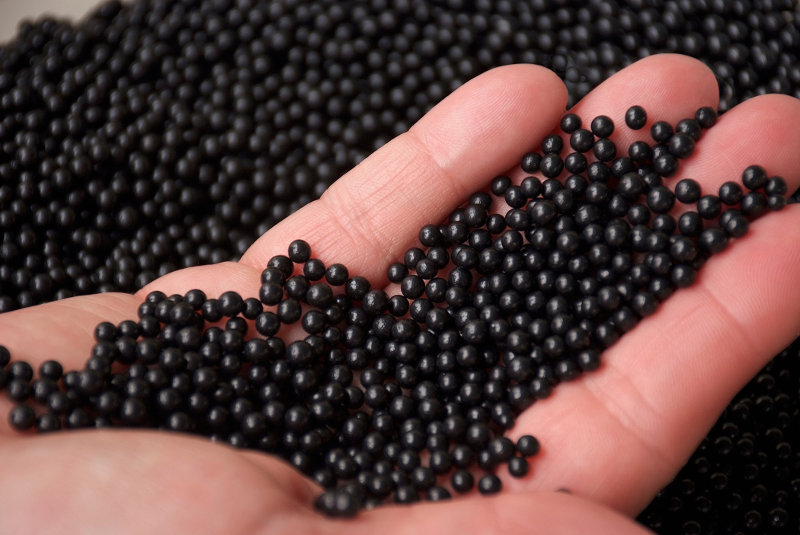What Are Polymers?

Custom Foam Packaging Solutions
May 19, 2021
Learn More About Our Automotive Components
May 21, 2021In the modern world, polymers are pretty much everywhere. If you’re reading this on a computer, you’re in direct contact with a polymer just by touching your keyboard or mouse. Polymers make up the water bottle on your desk, the cushioning in your chair, and the tires of the car you used to get to work.
So what exactly are they?
Even though some polymers exist in nature, such as rubber and wood, the term polymer is most often used to describe plastics—although technically, they are synthetic polymers.
Polymers are materials made of long, repeating chains of molecules. Each has unique properties, depending on they’re put together. Some polymers, such as polyester or rubber, can bend and stretch. Other polymers are rigid and durable, such as resin and epoxies.
The Science Behind Polymers
The development of synthetic polymers is often credited to research conducted in the 1920s by Hermann Staudinger of the University of Apply Sciences in Zurich. In studying how polymers are formed, he coined two terms essential to understanding them—polymerization and macromolecules.
Polymerization is when smaller molecules, known as monomers, are combined into chains held together by covalent bonds to form synthetic polymers. Specific chemical reactions, such as heat or pressure, can alter the chemical bonds that hold monomers together.
A chain of these monomers is called a macromolecule. Often, these chemical bonds form linear, branched, or networked structures, which then result in polymers.
Uses For Polymers
You see polymers used in almost every corner of modern life. Some everyday items that include a significant amount of polymers include:
- Bottles (soda, water)
- Textiles
- Phones
- Grocery bags
- Automobile parts
- Children’s toys
- Computer equipment
- Food packaging
- Product packaging
- Shipping supplies
- Entertainment media (albums, CDs, DVDs)
- Acrylic paints
- Home siding
- Home appliances
- and more
Polymers are not limited to typical, everyday items. They even make up parts of more sophisticated technology such as solar panels, membranes for water desalination, carrier systems used in controlled drug release medication, hospital imaging equipment, and spacecraft.
A Technology Constantly Improving
Researchers are continually finding new polymers and new ways to use and improve the ones already in existence.
New carbon polymers make cars lighter, safer, and more fuel-efficient—other advances in polymer research show promising developments in skincare, anti-aging efforts, and eczema. There are even applications being found in the world of holograms and information storage.
The possibilities are endless.
Count on Sekisui Kasei USA to be at the vanguard of polymer technology.

